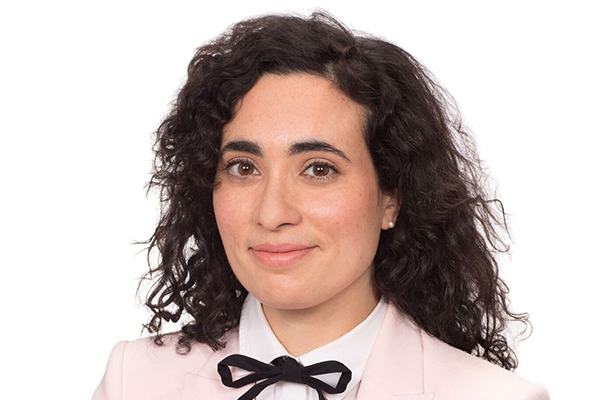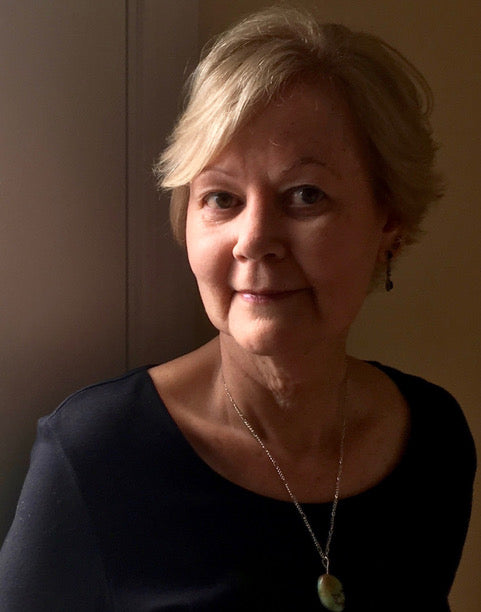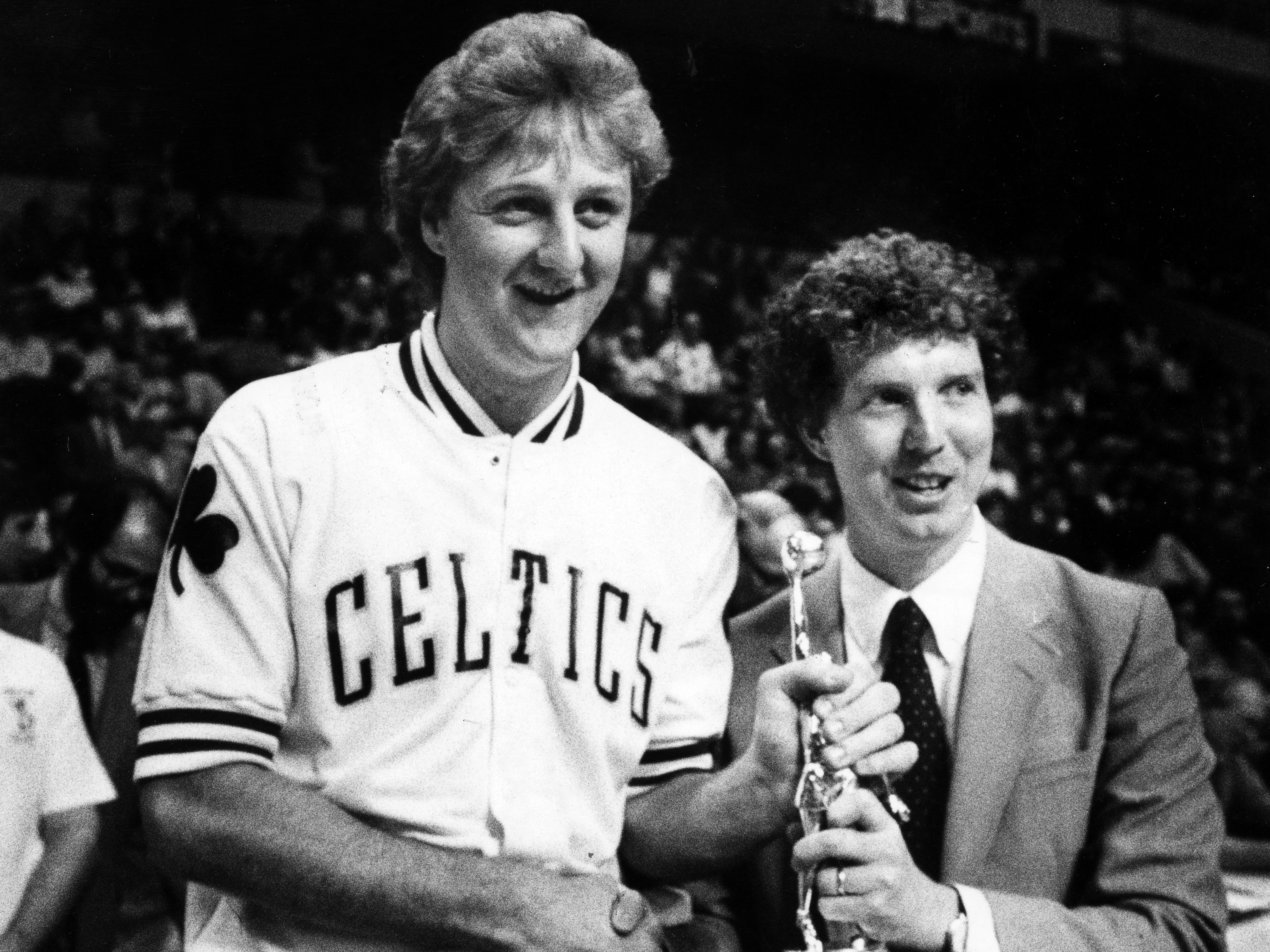Book: Billion Dollar Brand Club

Photo Courtesy of Lawrence Ingrassia
Author: Lawrence Ingrassia
Author Bio:
"Lawrence Ingrassia is an award-winning business journalist. His first book, Billion Dollar Brand Club, was selected by the New York Times Book Review as an Editor's Choice on March 1, 2020.
Ingrassia has worked as a senior editor at the New York Times, Wall Street Journal and Los Angeles Times. In his decades-long newspaper career, journalists working for him won five Pulitzer Prizes - for national reporting, explanatory reporting, international reporting and commentary - as well as Polk, Loeb and other awards.
He was honored with the Minard editor award by the Gerald Loeb Awards for directing coverage of causes of the financial market meltdown in the fall of 2008; that coverage was a finalist for a Pulitzer Prize in the public service category. The Society of American Business Editors and Writers gave him its distinguished achievement award in 2017."
1. From the companies you researched for “Billion Dollar Brand Club” which industry were you most surprised was disrupted?
More than any, the razor business. It was dominated so long by Gillette, which had an astonishing 70% market share for decades. Not a single person I talked to thought Dollar Shave Club would succeed when they first heard about it. But Dollar Shave Club embraced a new business model that took advantage of the ways technology has leveled the playing field, and in doing so showed how the seemingly impossible was now possible - prompting lots of entrepreneurs to borrow from the same playbook.
2. As we see thousands of new companies disrupting established industries now compared to the early 2010s, do you think we will see a decline in ‘Unicorn Direct-to-consumer (DTC) Companies’?
There will be more unicorns, I'm sure. Many new DTC brands continue to be launched. Initially, I wondered if the pandemic recession would result in entrepreneurs becoming more cautious, but they don't seem to have been deterred much.
Indeed, e-commerce is growing at an even faster rate, underscoring that startups can bypass traditional retail stores. Consumers are buying more of just about everything online, even products they bought mostly in stores, like groceries.
3. Which industries do you still think are untapped places for disruption and why?
Healthcare, which can often be both expensive and frustrating for consumers, is ripe for disruption. Because of the pandemic, many people have "seen" their doctors virtually (i.e., online) in the past few months. And, guess what? For most routine ailments, it's great. I mean, who likes traveling to a doctor's office and sitting in the waiting room for 30-60 minutes for a 5-minute consultation? Nobody.
Telehealth, or telemedicine, solves that. Already, VC-backed Telehealth startups - like Ro and Hims - are expanding their services. Both are valued at more than $1 billion. Eargo, a startup that sells high-quality hearing aids for half the price of established brands, just announced it is going to do an initial public offering. So there is huge potential here for entrepreneurs.
4. Now that companies such as Warby Parker, Dollar Shave Club, and Glossier have established themselves as disruptive companies in their industries, do you think they will have the ability to be mainstay companies such as their incumbent industry leaders?
The best DTC brands will be around a long time. These brands succeeded by putting customers first, by solving their problems - offering a lower price for a good product, providing better and more responsive customer service, using data to understand and anticipate their customers' needs. Big, quasi-monopolistic companies too often lose focus on this.
Some are belatedly copying the strategies of DTC startups, which could present a challenge to new brands as they try to stay distinctive. But big companies by their nature are bureaucratic, less nimble and less customer focused. So there will be more billion dollar brands.
5. Being in business journalism, when doing coverage pieces such as your latest book, what do you look for when telling these stories?
Interesting characters, together with inherent drama, make for a compelling read. The founders of Dollar Shave Club, ThirdLove bras, Warby Parker eyeglasses, Tuft & Needle mattresses and many of the startups have fascinating back stories that can bring their companies to life. And in building their companies, they often make mistakes and have to overcome challenges along the way.
Success isn't preordained. ThirdLove was in danger of going bust twice, for example. Eargo stopped making its hearing aids for a while because of quality problems. Capturing these highs and lows, the euphoria and despair, is what readers enjoy.
6. Also in the book, you talk about the role Venture Capitalists such as Kirsten Green, played in the rapid growth of these companies. If you were a VC back in 2010, which one of these companies would you have most likely invested in and why?
Hah - none! That's why I'm a journalist and not an entrepreneur. Seriously, it takes a certain risk-taking mentality to make a leap of faith and put money into a startup like Dollar Shave Club or Warby Parker that has no track record in an industry yet still thinks it can take on big, entrenched, competitors. It was never done before because, well, nobody - even most experts - thought it was possible.
Still, having said that, "Billion Dollar Brand Club" does offer a roadmap for success. To me, the most vulnerable industries are those dominated by a few big players. The mattress business is a great example. Prices were high and the shopping experience was miserable. So in retrospect it was ripe for disruption by startups like Casper, Tuft & Needle and Purple. But, the key phrase there is in retrospect.
7. Now if you were a VC in 2020, what companies would be on your radar to invest in and why?
Again, health care, for reasons noted above. And companies that combine products and services, like lawn care or pest control. Also, customization could be big. DTC startups like eSalon, profiled in my book, offers customized hair coloring; Curology offers acne medicine formulated for your skin condition, and Prose offers customized shampoo.
8. Were there any other intriguing companies you would have liked to spotlight in your book but did not?
Shopify is a company I mentioned briefly, but I wish I had covered in greater detail. Basically, Shopify offers brands a digital website - think of it as an online storefront - at a very low price, so that a DTC startup brand can start selling things without spending a lot of mindtime and money on technology. This enables the DTC brand to focus on the things it needs to be distinctive - its products, its customer service, its marketing. Since I began researching the book in 2018, Shopify's stock price has increased by about 400%!
9. Where does the term “Unicorn Company” come from, and why is it such a fitting label for these types of companies?
It was coined by Aileen Lee, a venture capitalist in Silicon Valley. According to Inc. magazine, she was putting together a report on venture-backed startups that were less than a decade old and worth more than $1 billion. She said she considered calling them "home run" or "megahit" companies, "But then I put 'unicorn' in and it all fit. I wanted to convey rarity and alchemy." So there you have it.
10. Overall, what was your writing process like for this book?
The first few months were exclusively devoted to research, which meant visiting startups and talking to the entrepreneurs behind them, as well as learning about the industries and competitors. Then I juggled researching and writing for about 6-9 months.
For me, anyway, it was best to do that, because writing a few chapters early on - rather than waiting to start writing until after you have finished all of your research - helped give me a sense of what was working and where I needed more reporting. The final three months was spent writing, mostly sharpening the chapters that needed more work.
11. What’s your best advice for getting over writer’s block?
A blank page, or blank chapter where you need 5,000 to 7,000 words, can be daunting. So break it down into pieces, topics within a chapter that you know you'll need to cover. You can always rearrange the pieces, though my editor gave me five words of advice that I recommend that every writer keep in mind: "Remember, chronology is your friend." Don't worry about making your first draft perfect.
At times, I even wrote bits without referring to my notes taken during interviews or research, because I've found that the material that is top of mind tends to be the most important and most memorable stuff you gathered. Then, before writing through a section or chapter a second time, you can read your notes to add details, tidbits or quotes that you forgot - and, importantly, check for accuracy.
12. What is the best book you have read this year so far?
There were two books published a few years ago that I finally got time to read and loved. Both were richly reported non-fiction narratives. The first was "Empire of the Summer Moon" about the Comanche tribe and the clash of civilizations in Texas in the mid-1800s as white European-Americans moved westward.
The second was "The Emperor of All Maladies" a fascinating history of the evolution of cancer research and treatment (and mistreatment), told compellingly through doctors and patients as understanding of cancer slowly advanced over the centuries. As a writer, I admired the story-telling and the incredible research in both of these books.
13. Do you plan on writing more books in the future?
Maybe. :) Writing a book takes an enormous amount of work. It is invigorating, but also exhausting. I'll do another one - if I find the right topic. Still searching for it.
Other Places To Find More From This Author:
Twitter: @ingrassiala
Website: www.larryingrassia.com
Get Your Copy of Billion Dollar Brand Club Today!













